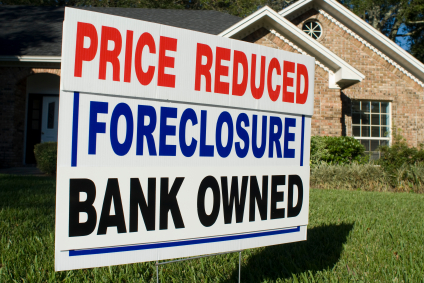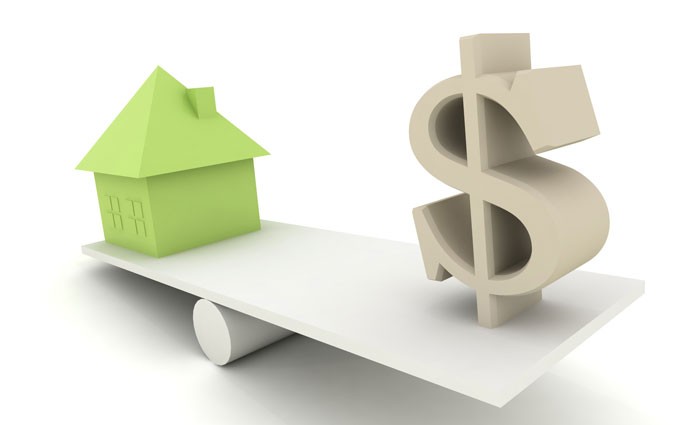Additional Costs You Overlook At Your Peril When It Comes To Buying A Home
When buying a house most buyers will use a lender to get the money to pay for the house. Even though the lender can finance up to 100 percent of an owner occupied purchase, there are still costs a buyer has to pay. Buyers, especially first timers, need to be aware that there are a host of costs associated with buying a home above and beyond than the actual purchase price.
It helps to know what those costs are in advance rather than get an unexpected surprise when closing a deal that can add to an already stressful experience. Buyers will have costs associated with getting a loan, closing costs, recording costs and inspection costs. When you get a loan on a home there will be origination fees for the loan as well as insurance and interest costs, which can surprise buyers.
#1. Appraisal Fees
Often purchasers want to ensure they are paying a reasonable market price for the home they are purchasing. Lenders typically loan a percentage of the home’s purchase price or the market appraisal of the property. Cost depends on the size and complexity of the assignment or home. The appraisal is charged to the buyer before closing in some cases and in other cases they are charged at the closing.
#2. Legal fees
You can save some of the legal fees usually charged by the lender if your lawyer draws up the mortgage. The monies used to pay your lawyer for the legal transactions associated with the purchase of your home. Such transactions include: reviewing the terms of the offer, conducting a title search on the property, preparing and signing a mortgage, registering a new title, conveyance, obtaining relevant documentation and determining appropriate adjustment costs.
#3. Property Taxes
In the sale of contract there will be an adjustment date (the day the buyer assumes all responsibility for paying property taxes, etc.) The lender will usually escrow the insurance and property taxes on a home, meaning the lender pays those costs as long as there is a loan on the home. The lender does this to protect the home and make sure the loan can be repaid if the house burns down. Or if the owners stop paying taxes someone can buy tax liens and take over first position from the lender, which the lender does not want.
#4. Land Transfer Tax
In some provinces this tax is levied when a property changes ownership. It varies with the purchase price of the property. First time home buyers qualify for a maximum $2,000 (LTT on a $227,500 home) provincial rebate and a maximum $3,725 (LTT on a $400,000 home) City of Toronto rebate. There is an exemption available (on properties under a certain price point, plus other restrictions) to first time home buyers via The First Time Home Buyers Program.
#5. Property Survey
There can be a substantial cost for having a new survey done on the property. Some banks require a survey in order to approve a mortgage on a house. This is undertaken to verify the location of a property’s boundaries, measurements and structures and identify any easements, rights of way or encroachments on your or adjacent properties.
#6.Title Insurance
Provides coverage in case of problems with the property title among other things. In lieu of a survey, many lenders will accept title insurance, which basically insures the title of the property against any disagreement about property lines, or even against fraud. The cost of the insurance usually depends on the size and /or value of the property. The cost is relatively low, usually a few hundred dollars.
#7. Home Inspection Fee
An inspection protects the buyer by revealing any problems in the property that you’d want to know before you move in. It is a good idea to have an inspection done before completing the purchase to evaluate the structural and mechanical condition of the property. This can save you lots of money in future repairs, determine the sale price and if you even want to purchase the home/property.
#7.Home Owners Insurance
Provides coverage in case of problems with the property title among other things. As soon as you have an accepted offer on any property, make sure you can arrange homeowners insurance including personal liability and Named-Perils (fire, theft, water damage). Often, depending on the type of property you are purchasing, this is a condition that would have to be met in order for the deal to become firm.
#8. Mortgage Life Insurance
Special insurance coverage to cover the cost of discharging your mortgage in the event of death or severe illness. It is available from most lenders and sometimes is a condition of your mortgage. The mortgage insurance is required on most loans with less than 20 percent down (except VA) and protects the lender from the buyer defaulting. With FHA some of the mortgage insurance is paid at closing as well as every month.
#9.Other costs
These include moving costs, fees charged by utilities for service hook-ups(appliances), property tax and other adjustments (an adjustment takes place when the seller has already paid for something in advance and wants to be credited for the unused portion on the date the house becomes yours), and ongoing maintenance (condo fees, etc.), and utility costs.





